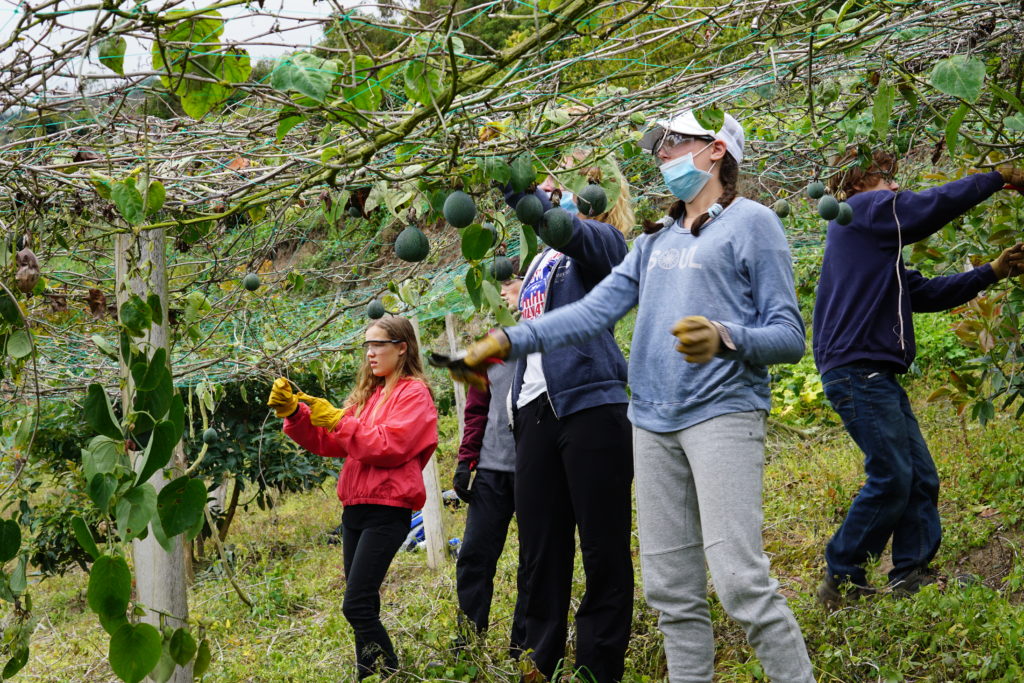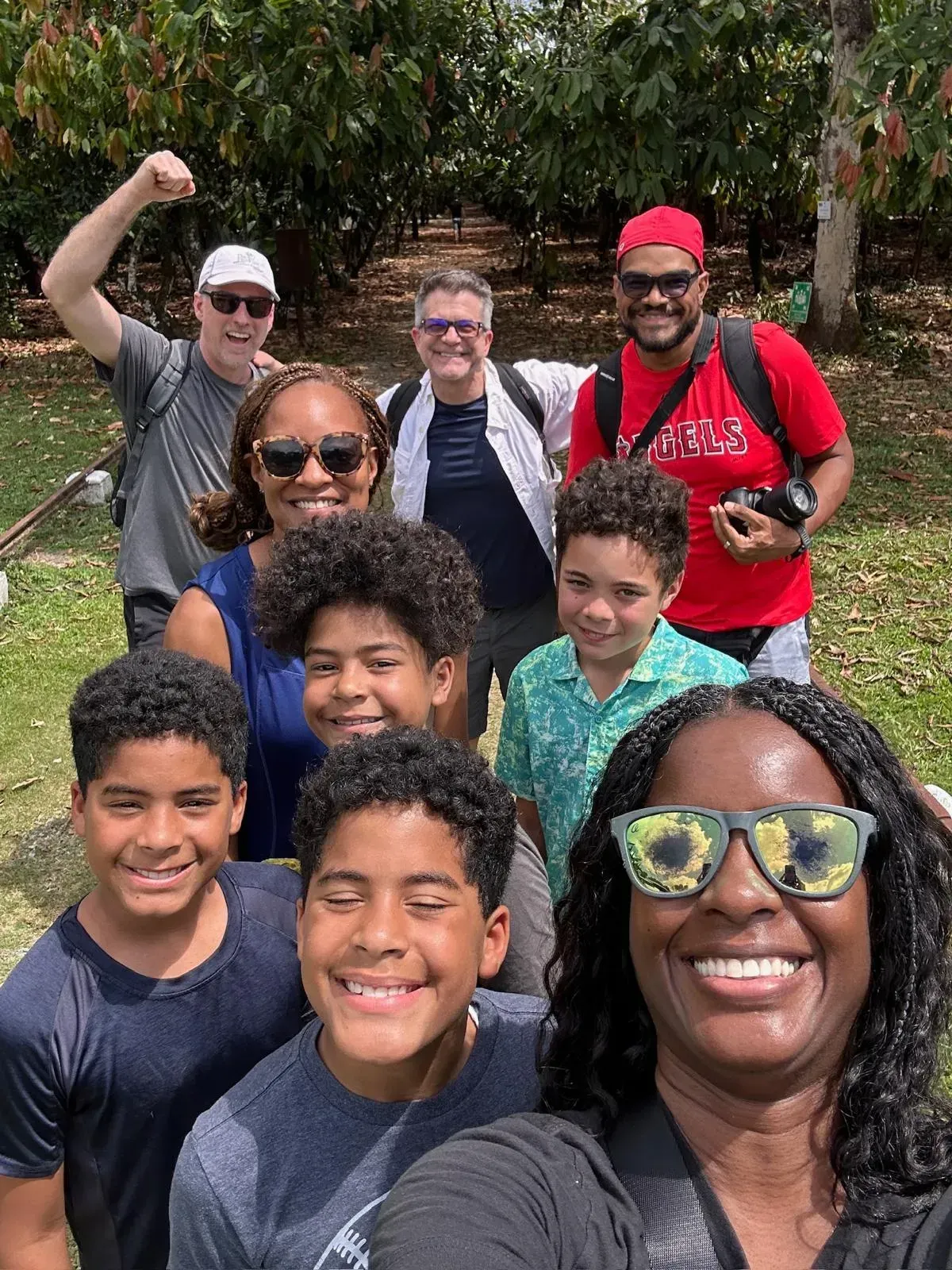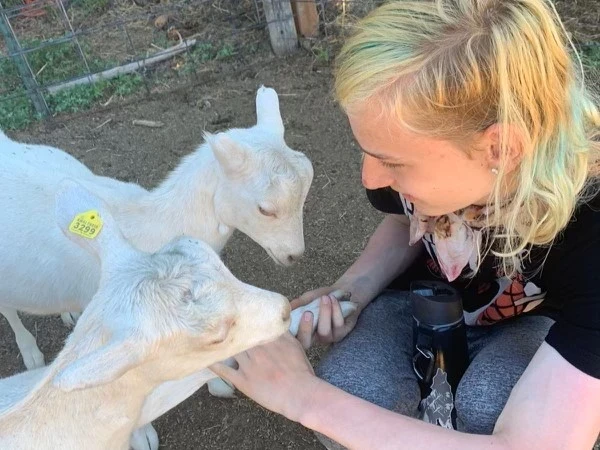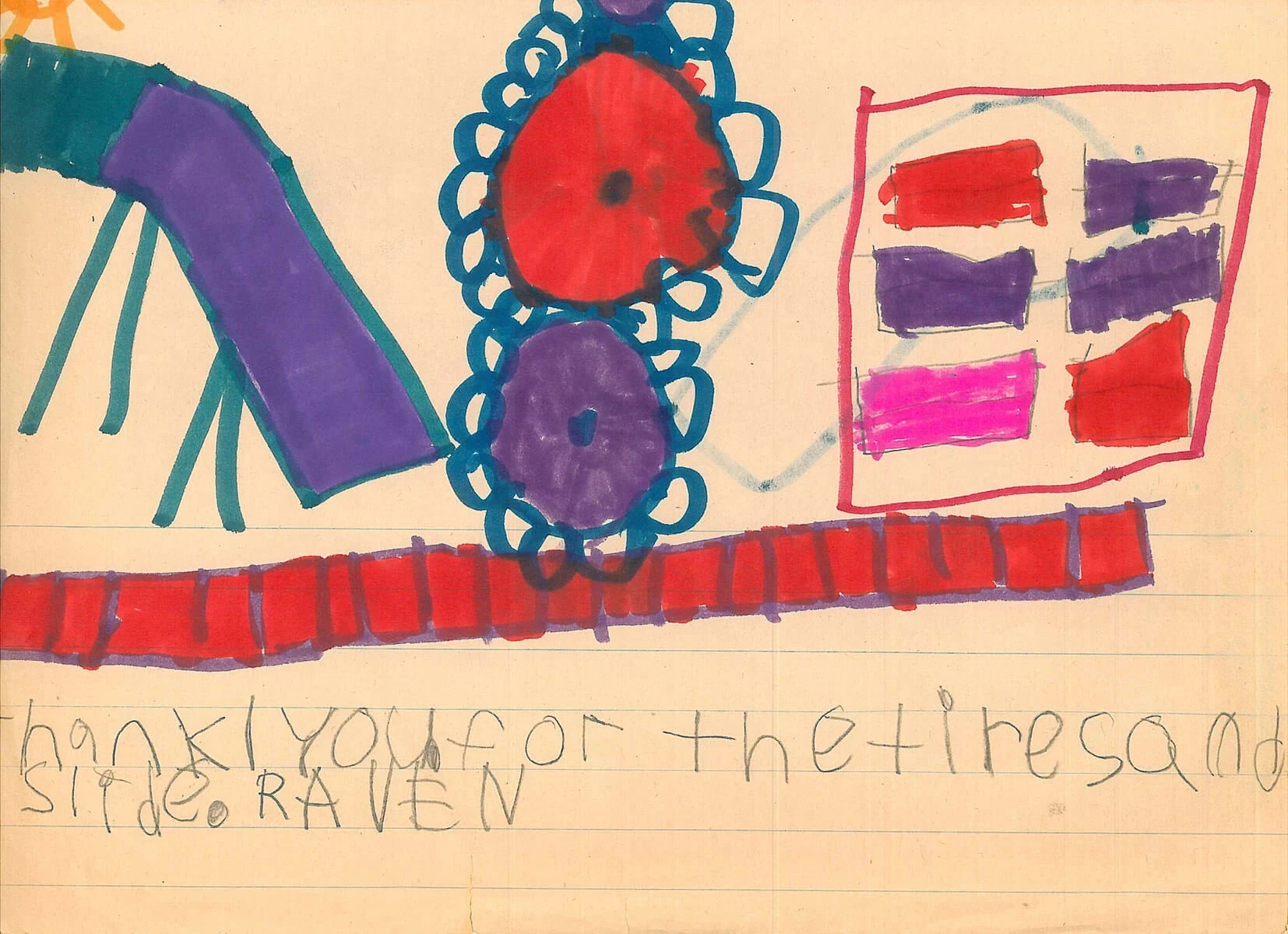In years past as part of the Ecuador program, VISIONS participants have visited one of the most sought after destinations in the world: The Galapagos Islands. To help ensure that biological diversity continues to thrive in this fragile ecosystem, VISIONS is proud to launch our first ever Galapagos program. In response to the increased threat of mismanaged tourism, students will join forces with a local permaculture farm committed to developing sustainable tourism alternatives.
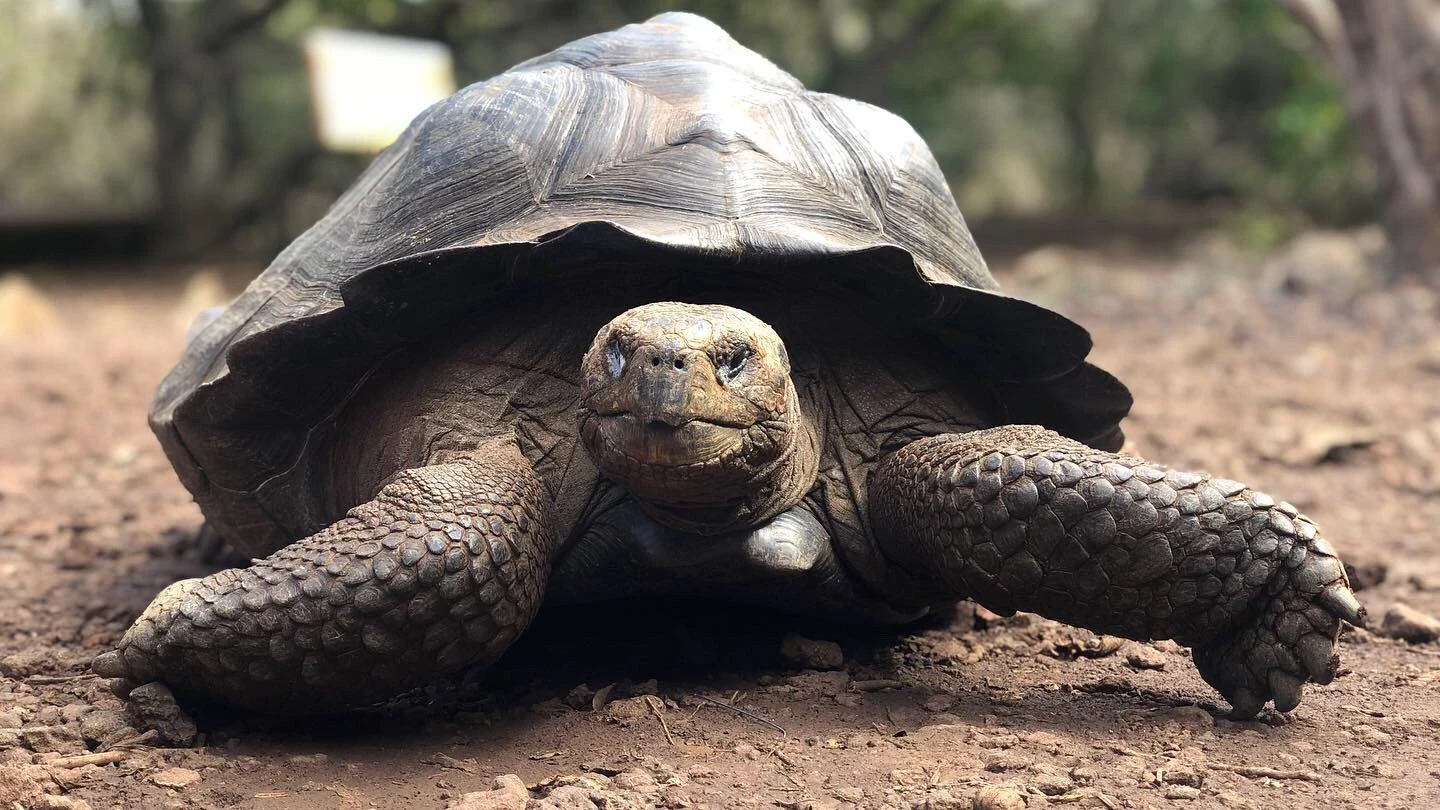

Migrants from mainland Ecuador are relocating to the islands at exponential rates, taking advantage of the booming tourist economy. In 2018, more than 275,000 people visited the Galapagos Islands. This influx paired with a population that has tripled in the last several decades is cause for concern. If the effects of invasive species and high volumes of waste are not reason enough for the government to curtail the number of annual visitors, then the best solution may be to foster a more sustainable framework for tourism.
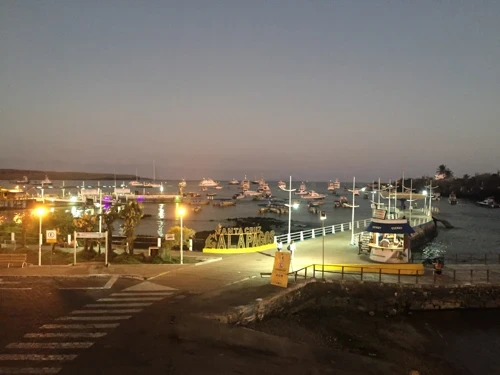

Petrel Camp is a permaculture farm located in the highlands of Santa Cruz Island. It is home to Monica Alvear, an educator and artist passionate about minimizing environmental degradation caused by big footprints, carbon and otherwise, as a result of increased tourism. Those who choose to stay at the organic farm rather than a hotel can enjoy many of the touted activities offered on the islands, however through a more sustainable approach. Petrel Camp strives to produce zero waste while relying on renewable resources such as solar panels and rainwater catchment systems. With respect to natural systems, adapting to the rising challenges all species face on planet Earth is at the heart of permaculture philosophy.
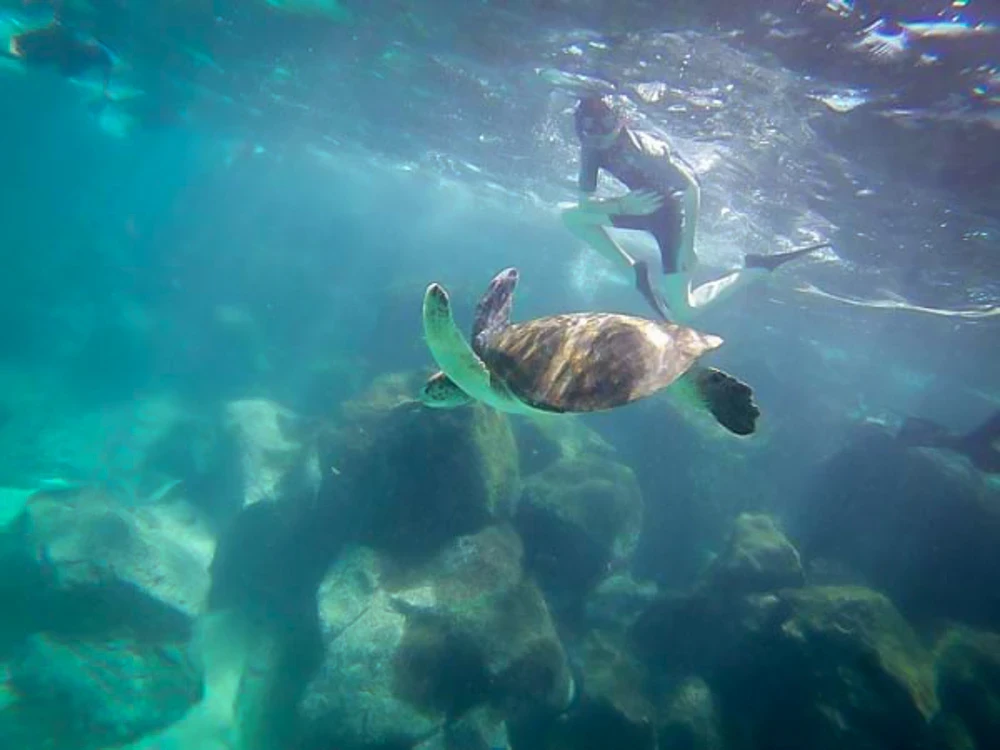

VISIONS Galapagos participants will enjoy an exciting and eclectic itinerary allowing ample opportunities to practice new skills while speaking Spanish. They will plant fruit trees, like cacao and green bananas, remove invasive plants, construct some of the organic farm’s infrastructure, such as tent platforms and composting toilets, and volunteer at a nearby school in Santa Rosa. Students will also join local teens with Frente Insular for conservation adventures and visit the Darwin Research Station, a research and breeding center where they will see tortoise hatcheries and learn about important conservation work.
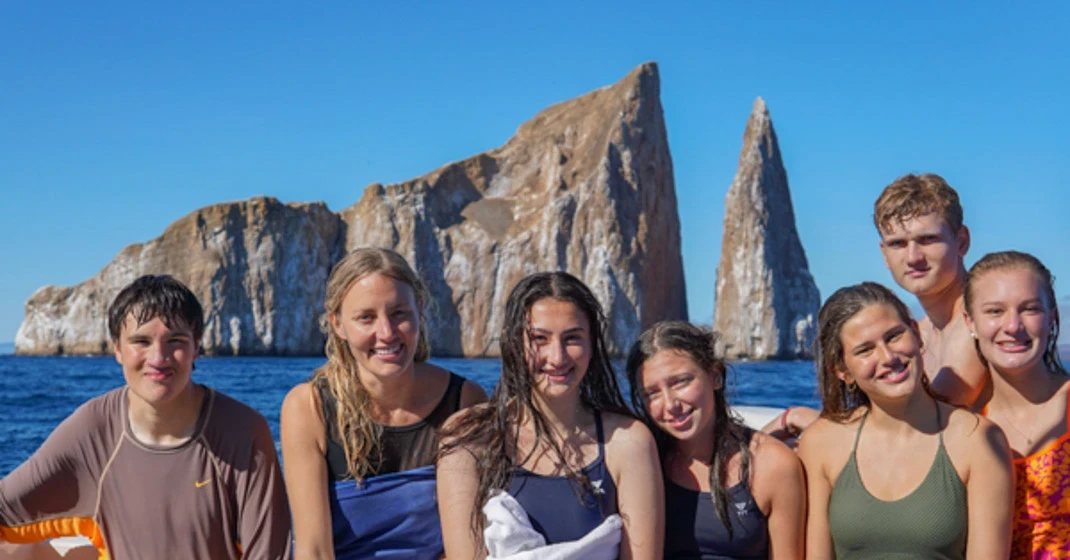

Without the chance to admire spectacular species like finches and giant tortoises, snorkel alongside sea lions and sharks, or walk among the unique fauna and flora in the Galapagos- who will make the trip in the future? People must experience the natural wonders of the world to care about protecting them. The future of the Galapagos ecosystem depends on not one force working alone, but the collaboration of tourism businesses, ecologists, governments, residents, and visitors alike. This summer, VISIONS participants will have the incredible opportunity to experience what life is like on the Galapagos, while also contributing to solving the largest problem that the ecosystem faces.
